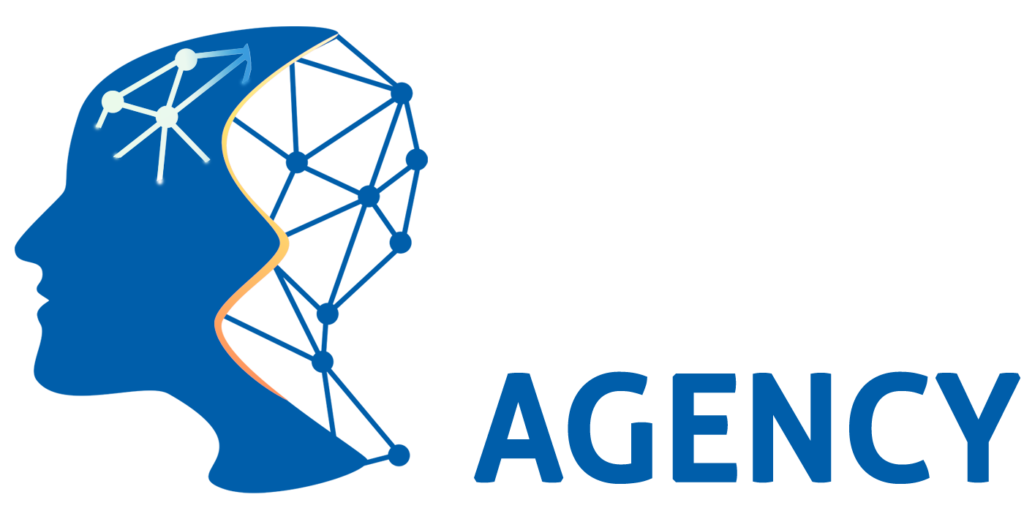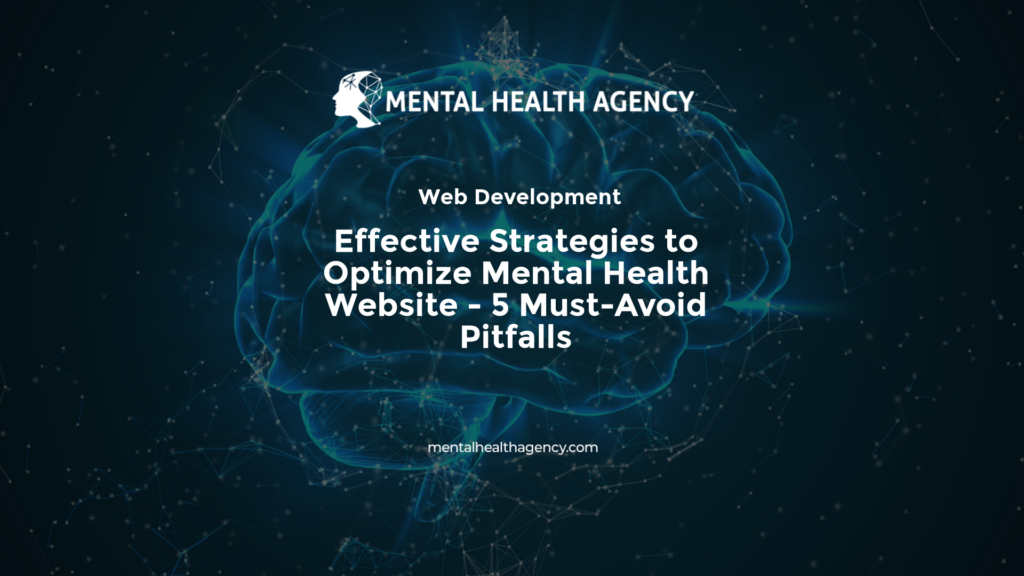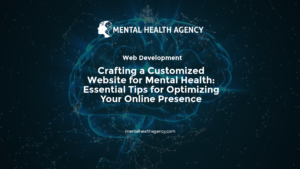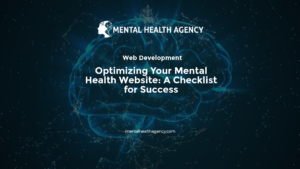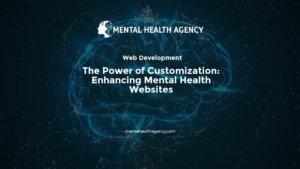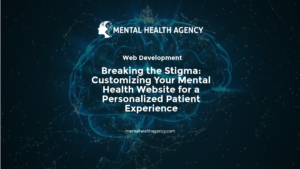Effective Strategies to Optimize Mental Health Website – 5 Must-Avoid Pitfalls
A website is a window into your mental health practice. It represents your brand and serves as an important tool for online marketing. A well-optimized website will attract more patients, drive traffic to the clinic, and increase patient retention. A poorly designed and managed website, on the other hand, can drive away potential patients and harm your online reputation.
To ensure that your website reflects the quality of your mental health services and helps you attract more patients, here are some effective strategies to optimize your mental health website and avoid common pitfalls.
1. A Confusing Website Navigation
One of the most common website design problems is confusing navigation. If your patients can’t find what they’re looking for on your website or get lost in an endless maze of pages, they will quickly lose interest and leave. Your website navigation should be simple, intuitive, and easy to use.
MHA Benefits: The Mental Health Agency team is experienced in web design and can create a website with a clear and intuitive user interface.
2. Not Having a Mobile-Friendly Website
More than 60% of internet searches now come from mobile devices. If your website is not optimized for mobile devices, you could be missing out on a vast potential patient base. Patients will leave a website if it is difficult to navigate or not mobile-friendly.
MHA Benefits: The Mental Health Agency has experience in mobile and text marketing and can create a website that is optimized for mobile devices.
3. Poor Website Load Time
Patients don’t want to wait more than a few seconds for your website to load. Slow load times lead to a high bounce rate, indicating that visitors will go to another website. A slow website can also hurt your search engine ranking, decreasing visibility to potential patients.
MHA Benefits: The Mental Health Agency has experience in Search Engine Optimization and can help you increase your website speed.
4. Outdated and Unappealing Design
Your website should have a modern and appealing design. If your website looks outdated and unappealing, it won’t attract website visitors and won’t give potential patients an accurate impression of the quality of your mental health services.
MHA Benefits: The Mental Health Agency offers branding and logo design services to help you create a modern, professional website.
5. Insufficient Content
Your website should provide enough content to inform potential patients about your services, practice, and the mental health issues you treat. If your website has insufficient content, it may not show up in the search engine results page, and potential patients won’t find your practice.
MHA Benefits: The Mental Health Agency offers content marketing and patient retention services to create informative, engaging content that educates patients about your mental health practice.
In conclusion, a well-designed and optimized website is crucial for mental health practitioners to attract and retain patients. MHA team is experienced in Search Engine Optimization, branding and logo design, content marketing, video marketing, marketing automation, paid search advertising, web design, mobile marketing, reputation and review management, social media management, email marketing, and healthcare technology consulting services. Schedule a strategy session with us today to learn more about how we can help you optimize and improve your mental health website!
